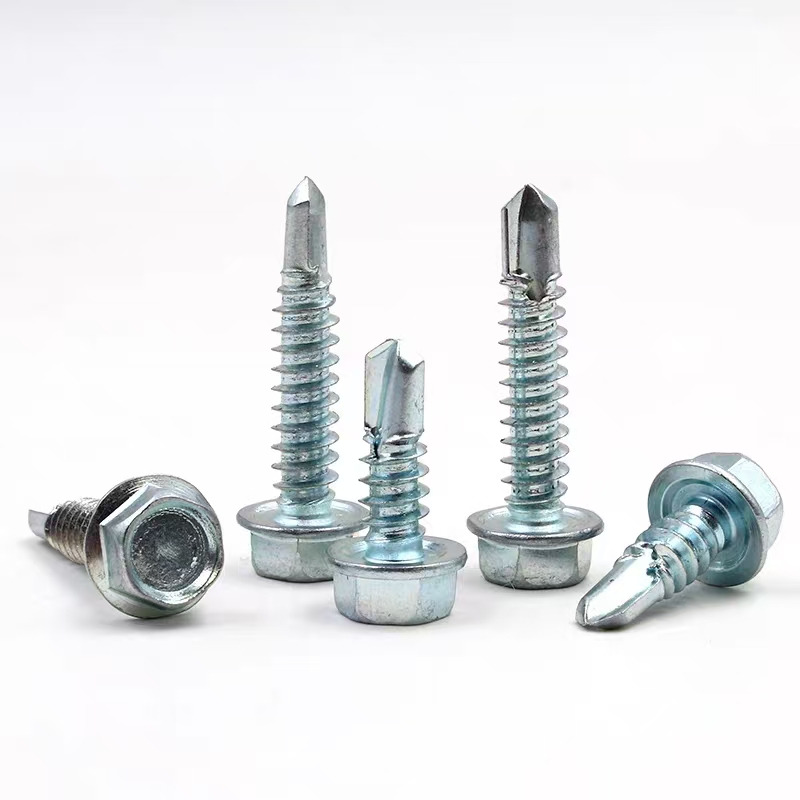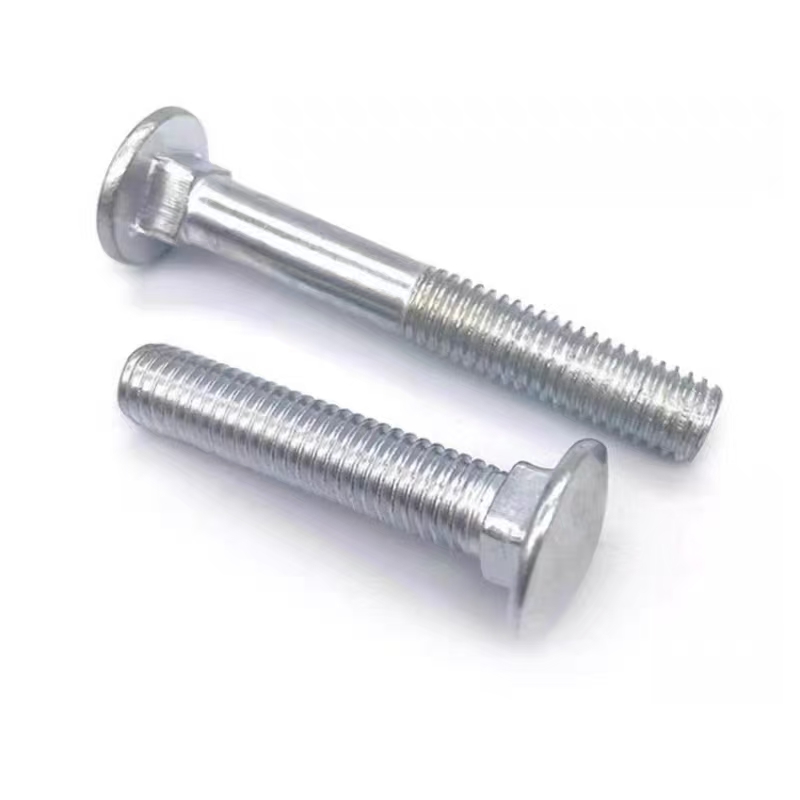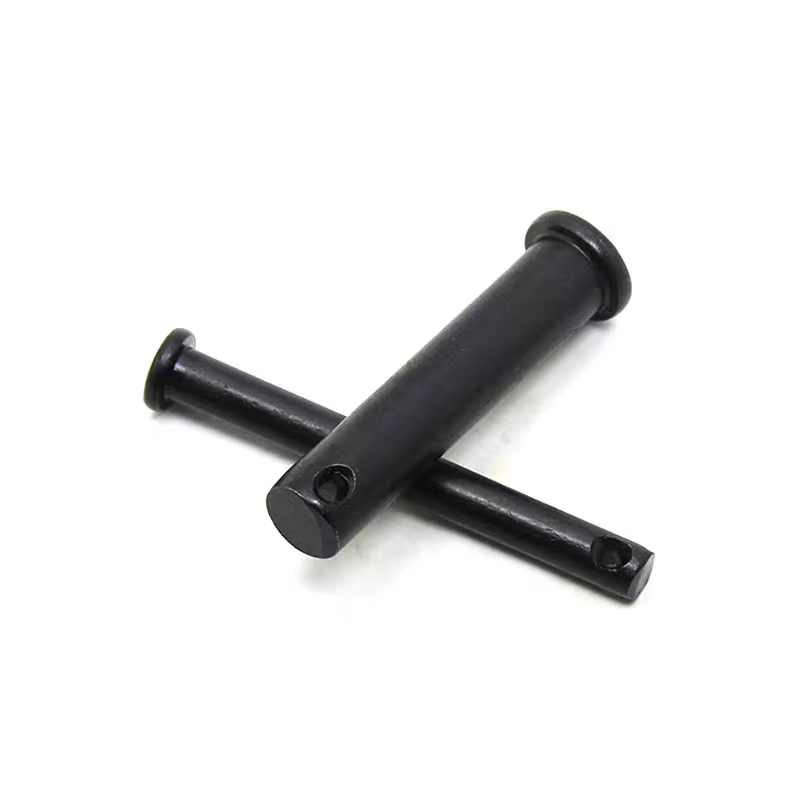- Chinese
- French
- German
- Portuguese
- Spanish
- Russian
- Japanese
- Korean
- Arabic
- Irish
- Greek
- Turkish
- Italian
- Danish
- Romanian
- Indonesian
- Czech
- Afrikaans
- Swedish
- Polish
- Basque
- Catalan
- Esperanto
- Hindi
- Lao
- Albanian
- Amharic
- Armenian
- Azerbaijani
- Belarusian
- Bengali
- Bosnian
- Bulgarian
- Cebuano
- Chichewa
- Corsican
- Croatian
- Dutch
- Estonian
- Filipino
- Finnish
- Frisian
- Galician
- Georgian
- Gujarati
- Haitian
- Hausa
- Hawaiian
- Hebrew
- Hmong
- Hungarian
- Icelandic
- Igbo
- Javanese
- Kannada
- Kazakh
- Khmer
- Kurdish
- Kyrgyz
- Latin
- Latvian
- Lithuanian
- Luxembou..
- Macedonian
- Malagasy
- Malay
- Malayalam
- Maltese
- Maori
- Marathi
- Mongolian
- Burmese
- Nepali
- Norwegian
- Pashto
- Persian
- Punjabi
- Serbian
- Sesotho
- Sinhala
- Slovak
- Slovenian
- Somali
- Samoan
- Scots Gaelic
- Shona
- Sindhi
- Sundanese
- Swahili
- Tajik
- Tamil
- Telugu
- Thai
- Ukrainian
- Urdu
- Uzbek
- Vietnamese
- Welsh
- Xhosa
- Yiddish
- Yoruba
- Zulu
- Kinyarwanda
- Tatar
- Oriya
- Turkmen
- Uyghur

China gasket suppliers
Understanding China Gasket Suppliers: A Practical Insight
In the world of industrial components, China gasket suppliers have carved a significant niche. With the country's extensive manufacturing backdrop, these suppliers have the potential to offer both competitive pricing and varied options. However, navigating this landscape is not as straightforward as it might seem, and there are crucial nuances to consider.
The Landscape of Gasket Manufacturing in China
China's prowess in manufacturing is widely acknowledged, but when it comes to gaskets, there's more than meets the eye. Many suppliers, like Handan Zitai Fastener Manufacturing Co., Ltd., have emerged as reliable players in this field. Situated in Yongnian District, the heart of China's standard part production, these companies benefit from excellent logistical advantages and raw material accessibility.
You might think that every supplier functions similarly, but there are distinct differences. Some focus heavily on innovation and material quality, while others are more volume-oriented. It pays to know what you want. For example, Handan Zitai leverages its strategic location near key transport routes like the Beijing-Guangzhou Railway to streamline distribution across regions.
I've often found that engaging directly with suppliers reveals not just their capacity, but also their flexibility in terms of customization. This is crucial if you're dealing with applications that require specific material properties or sizes.
Challenges and Considerations
One of the main challenges when dealing with China gasket suppliers is the variation in quality standards. Not all manufacturers adhere to the same specifications, which can affect the final application. It's important to conduct thorough checks, potentially even visiting facilities if feasible.
Then there’s the issue of communication. Cultural nuances can sometimes lead to misunderstandings. Having a clear, documented agreement on specifications, timelines, and pricing helps mitigate these risks. In my experience, companies like Handan Zitai have shown professionalism, often having English-speaking representatives for overseas clients.
Pricing often seems attractive, but remember to factor in all costs—shipping, customs, and potential tariffs. It’s not uncommon for hidden expenses to inflate the overall investment well beyond initial quotes.
Spotting Reliable Suppliers
I've been asked many times how to identify a dependable supplier in China. A few criteria come to mind: transparent communication, a history of delivering on time, and the flexibility to handle custom orders. Checking a company's background can be beneficial—there’s a reason why many rely on word of mouth or platform reviews.
Take Handan Zitai, for instance. Their website (https://www.zitaifasteners.com) provides insights into their production capabilities and standards, which can be a good starting point. Moreover, their strategic location in an industrial hub provides access to a skilled workforce and competitive production costs.
During one of my visits, I witnessed firsthand the importance of seeing operations up close. You gain an appreciation for the processes involved and can better assess quality control measures in real-time.
Practical Examples and Experiences
Once, while sourcing gaskets for an automotive project, I had an enlightening experience with a Chinese supplier. It was a scenario where initial samples didn't meet our specifications. It was only after a few onsite discussions and technical exchanges that we achieved the desired outcome.
This example underlines the importance of close collaboration. It's about more than just placing an order; it's a partnership. Suppliers like Handan Zitai often welcome feedback and improvement suggestions, making them valuable long-term partners.
These interactions might seem time-consuming, but they pay off in ensuring you receive products that truly meet your needs. There’s a distinct advantage in dealing with companies willing to invest in such relationships.
Conclusion: Building Sustainable Relationships
Ultimately, succeeding in navigating the realm of China gasket suppliers boils down to building relationships rooted in trust and transparency. Whether you're dealing with giants like Handan Zitai or smaller niche companies, maintaining open lines of communication and having thorough agreements in place is key.
Remember, patience and diligence in the selection process often lead to the most fruitful partnerships. The landscape may seem complex at first, but with the right approach, it becomes a highly rewarding venture.
For those serious about entering this market, understanding both the local and international dynamics opens doors to competitive and diverse product offerings. And often, it's companies willing to bridge that gap—like those located in logistics hubs—that offer the best opportunities for successful collaboration.
Related products
Related products
Best selling products
Best selling products-
 Electroplated galvanized gaskets
Electroplated galvanized gaskets -
 Hexagon socket hot-dip galvanized bolts
Hexagon socket hot-dip galvanized bolts -
 Electro-galvanized hexagonal drill thread
Electro-galvanized hexagonal drill thread -
 Electrogalvanized expansion bolts
Electrogalvanized expansion bolts -
 Colored zinc-plated gaskets
Colored zinc-plated gaskets -
 Basket bolts
Basket bolts -
 Hot-dip galvanized hexagonal bolts
Hot-dip galvanized hexagonal bolts -
 Black zinc plated hexagonal bolts
Black zinc plated hexagonal bolts -
 Colored zinc flange bolts
Colored zinc flange bolts -
 Carriage bolt (half-round head square neck bolt)
Carriage bolt (half-round head square neck bolt) -
 Black zinc plated hinge bolts
Black zinc plated hinge bolts -
 Welding nails
Welding nails












